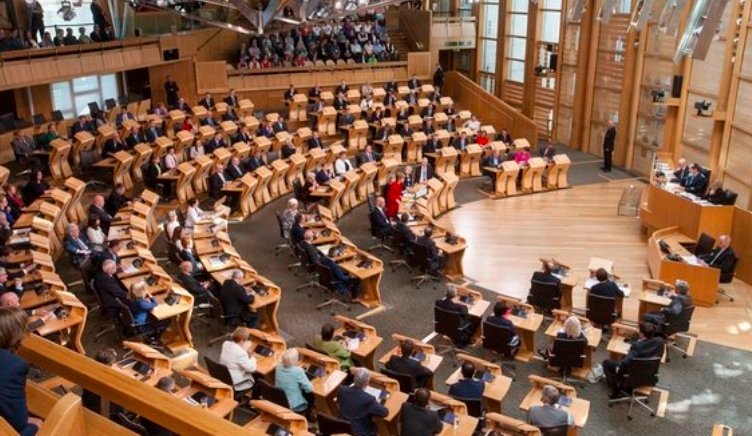Scottish Labour has promised to preserve key social benefits introduced by the SNP, including free bus passes, university tuition, NHS prescriptions, and the baby box scheme. But is this a genuine commitment to supporting Scots, or a politically expedient move to avoid backlash? As economic strains mount, the party’s stance raises pressing questions about sustainability and honesty in governance.
The Cost of Free Services
It’s no secret that Scotland’s generous public spending model comes with a hefty price tag. Billions are allocated annually to maintain universal benefits, even as public services struggle under financial constraints. Critics argue that this model, while appealing, disproportionately benefits wealthier households who don’t necessarily need the support.
The former Scottish Labour leader Johann Lamont has openly criticized the practice of “offering free things” as a means of signaling care rather than addressing real needs. She warned that such policies can become addictive for politicians seeking public approval, leading to a lack of meaningful debate about trade-offs and unintended consequences.
One major challenge is targeting resources efficiently. Universalism, in theory, ensures equality. In practice, it means funding is spread thinly, often at the expense of those who need it most. Without adjustments, Scotland’s economic future could become increasingly precarious.

A Political Shield Against the SNP
Labour’s commitment to preserving SNP-era benefits is likely a strategic move to neutralize nationalist attacks. The SNP has long framed these policies as core to Scotland’s distinct identity, contrasting them with policies in England. Any suggestion of rolling back these benefits risks public outcry, particularly from students and pensioners who have come to rely on them.
But this approach may come at a cost. Anas Sarwar, the leader of Scottish Labour, has called for Holyrood to prioritize economic growth over social spending. That’s a tough stance to reconcile with a pledge to maintain costly welfare programs. If Labour genuinely wants to shift focus to economic issues, it may eventually have to confront the sustainability of its promises.
The University Tuition Dilemma
One of the most contentious policies is free university tuition. While it ensures access for all Scottish students, it also creates funding challenges for universities. To compensate for capped domestic student numbers, institutions recruit more international students who pay full tuition fees. This practice has turned Scotland’s universities into global recruitment centers while restricting access for local students.
Some SNP politicians privately acknowledge that free tuition is unsustainable. Yet, the political risk of changing the system remains too high. Labour appears to recognize the problem but prefers to postpone any reform until a crisis forces action—likely around the 2031 election.
Struggles in Public Services
While social benefits remain untouched, core public services are deteriorating. The NHS faces mounting waiting lists, and the education system has slipped in global rankings. Critics argue that the SNP’s reluctance to engage with the private sector in healthcare has worsened the crisis.
- Scottish hospitals are struggling with staff shortages and increased patient demand.
- Schools face declining performance despite substantial funding.
- Business confidence has been hampered by inconsistent economic policies.
Yet, any attempt to discuss reform meets immediate resistance. The debate is often framed in simplistic terms—public good versus private greed—stifling meaningful discourse.
Nuclear Power and Energy Security
Another area of contention is energy policy. Labour has signaled a willingness to reconsider nuclear power to meet net-zero targets and ensure energy security. However, the SNP remains staunchly opposed, branding nuclear energy as fundamentally unacceptable. This ideological rigidity complicates discussions about Scotland’s long-term energy strategy.
As energy prices fluctuate and climate goals become more urgent, Labour may need to push for a more pragmatic approach. But again, political caution seems to be winning out over tough decision-making.
A Disillusioned Electorate
Voters aren’t blind to the inconsistencies. Many see the slow decay of essential services and recognize that political leaders are avoiding difficult conversations. This frustration has fueled support for Reform UK, which taps into the desire for a complete overhaul of the political landscape.
Labour faces a choice: continue placating voters with short-term reassurances or confront Scotland’s fiscal realities head-on. So far, it appears they’ve chosen the path of least resistance. How long that will hold remains an open question.


















